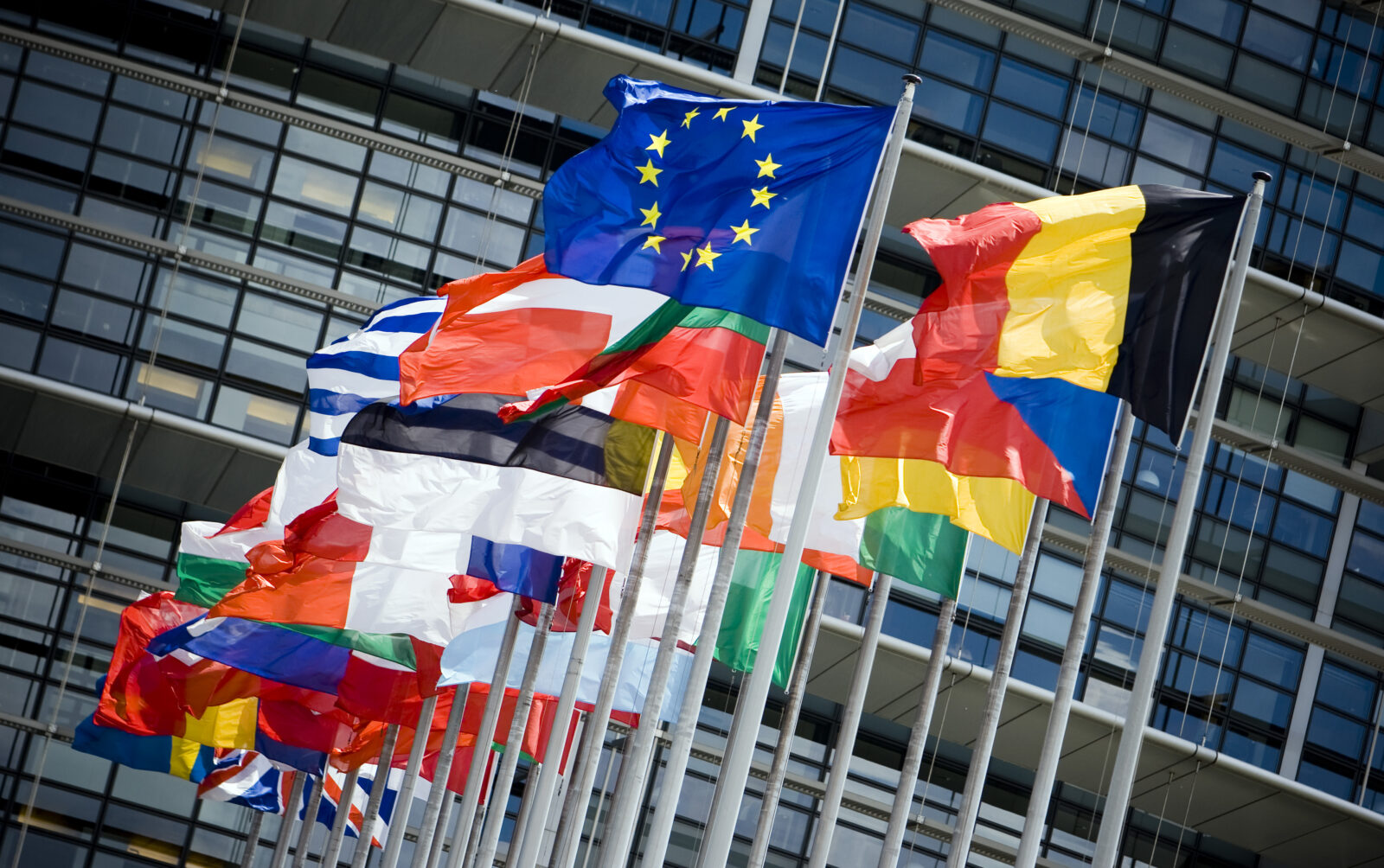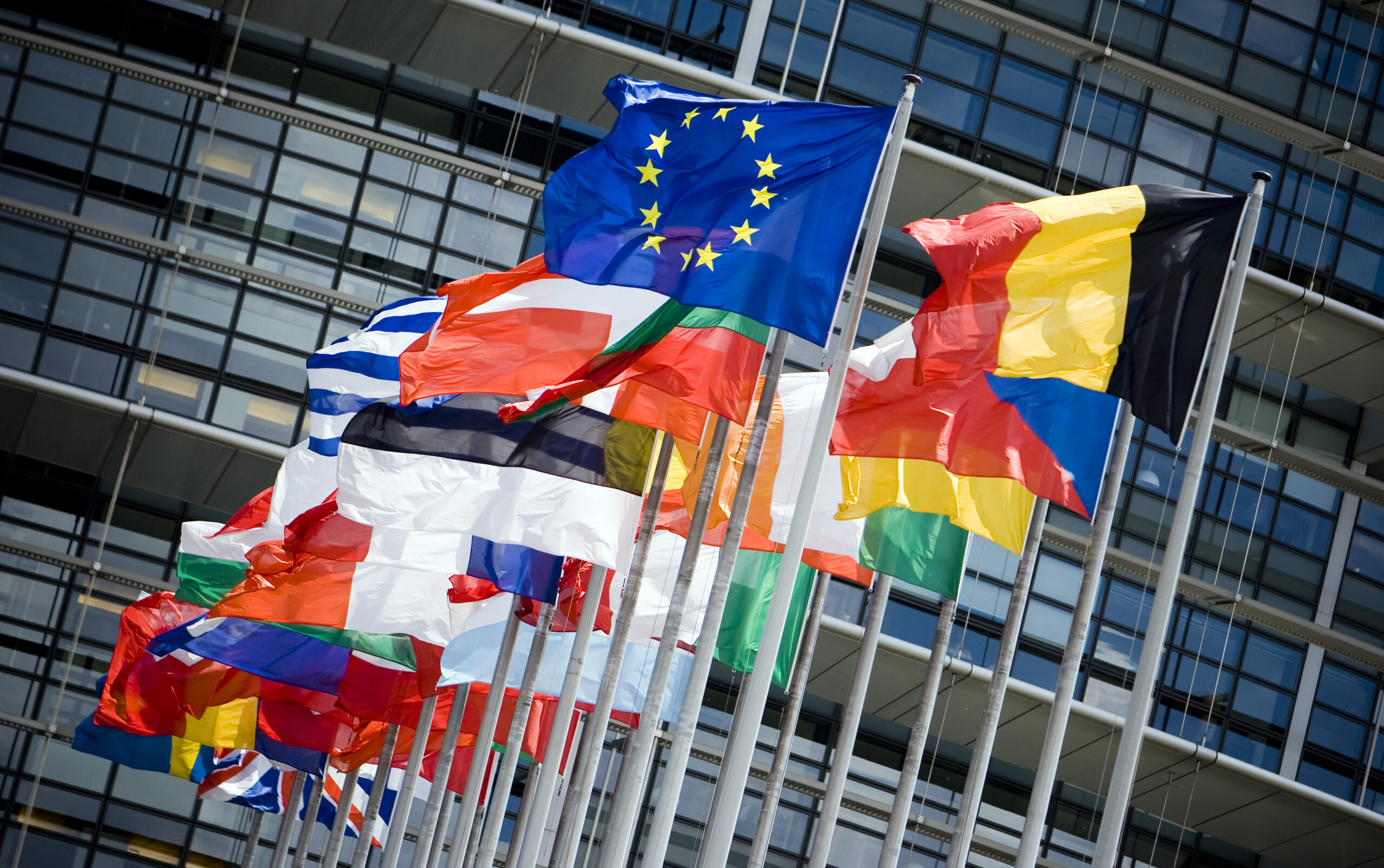Actoren in de gedeelde rechtsorde
(R)evolution in the EU System of Political Accountability: Joint Parliamentary Scrutiny mechanism
On 11 May 2016, the European Parliament adopted a new regulation for Europol, which will enter into force on 1 May 2017. This Regulation establishes the – so far unprecedented political accountability mechanism in the EU – Joint Parliamentary Scrutiny. The introduction of a mechanism, which links political accountability fora of the EU and the national levels, is a revolutionary development for the evolving multi-level accountability system (of EU agencies). To enhance democratic legitimacy of the EU structures and decisions, the legislative and accountability roles of the European Parliament have grown significantly in the last decennia (Scholten 2014). Yet, never before did national parliaments become involved in holding EU entities to account, too.
The Joint Parliamentary Scrutiny mechanism originates from the Treaty of Lisbon (Article 88 (2) TFEU), which requires a new regulation to establish joint control of Europol. The joint scrutiny will be limited to Europol only. In fact, the establishment of this mechanism can be probably best explained by the specifics and a unique historical development of Europol. It is the only EU agency established initially by an intergovernmental convention and then turned into a EU agency by a Council’s decision. Its historical development involved a tense debate on control between the Council and the European Parliament, because it is one of the agencies belonging to the former third pillar and where the field of operation involved civil liberties and human rights issues (Trauner 2012).
What does joint parliamentary scrutiny entail?
The new Europol regulation provides the organisational foundations of this new political accountability mechanism and stipulates the competences of the involved actors.
It requires a Joint Parliamentary Scrutiny Group (JPSG) to be established within the competent committee of the European Parliament. This group comprises of the full members of the competent committee of the European Parliament and one representative of the competent committee of the national parliament for each Member State and a substitute. Also, Member States with bicameral parliamentary systems may instead be represented by a representative from each chamber. JPSG’s meetings will be convened in the European Parliament premises by the Chair of the European Parliament’s competent committee. The meetings will be co-chaired by the Chair of the competent committee of the European Parliament and the representative from the national Parliament of the Member State holding the rotating Council Presidency.
JPSG will monitor the application of the provisions of Europol’s new regulation, in particular in relation to their impact on the fundamental rights and freedoms of natural persons. It will have the following powers:
- to invite the Chairperson of the Management Board (MB), the Executive Director and a representative of the Commission to discuss matters relating to Europol;
- to invite the European Data Protection Supervisor at its request and at least once per year to discuss matters relating to the protection of fundamental rights and freedoms of natural persons, and in particular the protection of personal data, with regard to Europol’s operations (JPSG will also receive annual report from the European Data Protection Supervisor on Europol’s supervisory activities);
- to invite the Executive Director (and selected candidates for the post) for questions in the course (re)appointment procedures, presentation of the annual report and (multi) annual working programmes (JPSG will receive these documents along with the Council and national parliaments) and regularly on performance of the agency;
- to give its opinion (together with the Council) concerning the candidate for Executive Director (and by the extension of the term), which the MB shall take into account when making the (re)appointment;
- to be informed by the Chairperson of the Management Board before removing the Executive Director from office, as well as to the reasons or grounds for such decision;
- to attend meetings of the MB as observer;
- to receive draft and final financial reports and establishment plans;
- to receive for information threat assessments, strategic analyses and general situation reports relating to Europol’s objective as well as the results of studies and evaluations commissioned by Europol and working arrangements, taking into account the obligations of discretion and confidentiality;
- to debate the mentioned reports received, including also the evaluation report drawn up by the Commission to review the effectiveness and efficiency of Europol;
- to request any relevant document necessary for the fulfilment of its tasks, subject to rules governing the treatment of confidential information by the European Parliament;
- to have access to European Union Classified Information and sensitive non-classified information processed by or through Europol upon request and where relevant, after the consent of the data provider (pursuant to Decision of the Bureau of the European Parliament of 15 April 2013 establishing the rules governing the treatment of confidential information by the European Parliament);
- to draw up summary conclusions on the supervisory activities on Europol to the European Parliament.
A blueprint for other EU agencies?
Although the practical organisation, operation, and effect of this mechanism are yet to be seen and assessed, the joint parliamentary scrutiny mechanism has a solid potential to hold agencies to account. This new institutional innovation could become a ‘best practice’ to apply elsewhere, i.e., more specifically, in situations where EU and national powers have become increasingly shared, yet controls remain separated. This is the case of rapidly growing in number European Enforcement Authorities like the European Securities and Markets Authority and the European Aviation Safety Agency. These EU entities enforce EU law vis-à-vis private actors together with national authorities. However, they render account separately at two governance levels (EU and national), where EU and national entities can point fingers at each other and escape accountability (‘the problem of many hands’; Bovens 1998). The joint scrutiny could prevent this situation. Involving national parliaments in holding EU agencies to account could also bring a balance to the involvement of national executive actors in EU agencies’ management boards. These structures, consisting largely of national executives, have a double mandate – roughly speaking, the main decision-making body of the agency and an internal accountability forum in one – without clear lines of the (collective) accountability of its members (Busuioc 2011; Scholten 2014).


